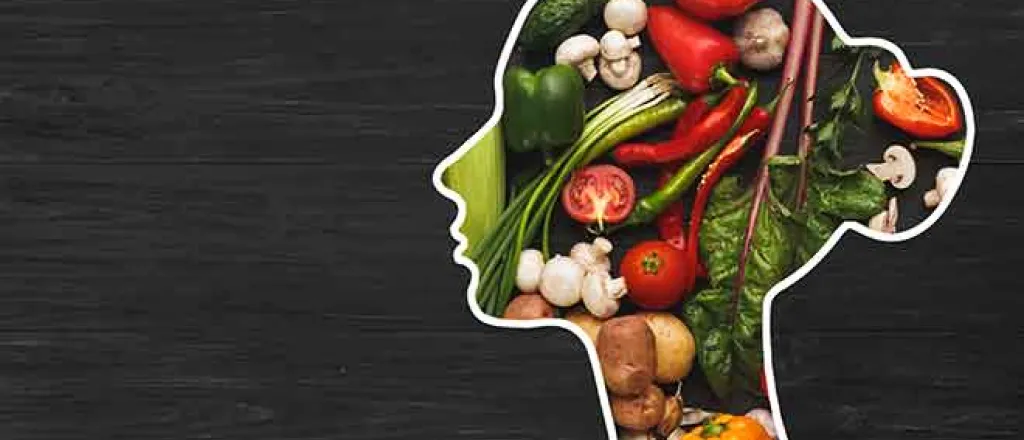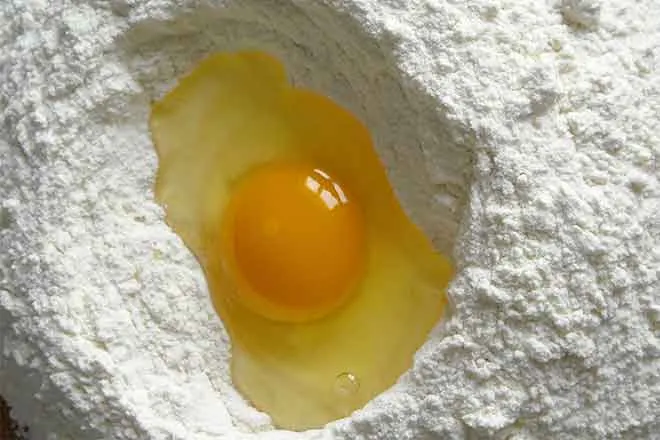Image

Dear Dietitian – Breaking down nutrition myths
© iStock - Prostock-Studio
Dear Readers,
There once was a country song that declared, “It’s easier to sell a lie than to give the truth away.” I sometimes feel that way about nutrition education. There seems to be more misinformation about nutrition now than ever before. Here are some interesting nutrition myths that you may have heard in the past.
- Celery has negative calories because it takes more calories to digest than the calories that are in it. While celery is low in calories, there is no food with negative calories. The calories needed to digest a portion of food are not deducted from the calories contained in the food.
- Certain foods are bad for you. Ben Franklin once said, “Beer is proof that God loves us and wants us to be happy.” No food is inherently bad for you. It’s the amount of a particular food that may become a problem. If you eat potato chips every day, that’s not good for you. We have to get out of ‘black and white’ thinking when it comes to food.
- Sea salt is better than table salt. In a survey conducted by the American Heart Association, 61% believe sea salt is a lower sodium alternative to table salt. Both sea salt and table salt contain the same amount of sodium, about 40% by weight. The bottom line is there is no nutritional advantage of choosing sea salt over table salt.
- Butter is better for you than margarine. At one time, margarine contained trans fats, but these are no longer used in the US. Butter is an animal product that contains saturated fat. A diet high in saturated fat increases cholesterol levels, which increases the risk for heart disease. Choose margarine.
- Raw sugar is better than white sugar. Raw sugar is the brownish, crystal-looking sugar you may find in packets in a restaurant. It is slightly less processed than white sugar, so it must be better for you, right? Raw sugar contains some natural molasses; whereas, these have been removed from white sugar. One teaspoon of raw sugar has the same number of calories as one teaspoon of white sugar.
- Cheese causes constipation. This folklore has been passed down for generations. While I only found one study on this topic, cheese was not proven to affect bowel habits of those who ate it compared to those who did not. [1]
- Certain foods increase your metabolism. Research shows that while certain foods may have minor effects on your metabolism, it is not enough to affect weight loss.
- Certain foods help to remove belly fat. A study discovered that soluble fiber reduced visceral fat, the fat stored in the abdominal cavity. However, it did not reduce subcutaneous fat, which is the fat underneath the skin. [2] Claims that certain foods reduce belly fat are often the same claims for overall weight loss. When losing weight, you simply cannot “spot-reduce.”
Until next time, be healthy!
Dear Dietitian
References
1. Mykkänen, H.M., et al. Effect of Cheese on Intestinal Transit Time and Other Indicators of Bowel Function in Residents of a Retirement Home. Scand J Gastroenterol. 1994 Jan;29(1):29-32.
- Hairston, Kristen G., et al. Lifestyle Factors and 5-Year Abdominal Fat Accumulation in a Minority Cohort: The IRAS Family Study. Obesity, 2012 Feb; 20(2):421-7.
Leanne McCrate, RDN, LD, CNSC, aka Dear Dietitian, is an award-winning dietitian based in Missouri. Her mission is to educate consumers on sound, scientifically-based nutrition. Do you have a nutrition question? Email her today at deardietitian411@gmail.com. Dear Dietitian does not endorse any products, health programs, or diet plans.

















